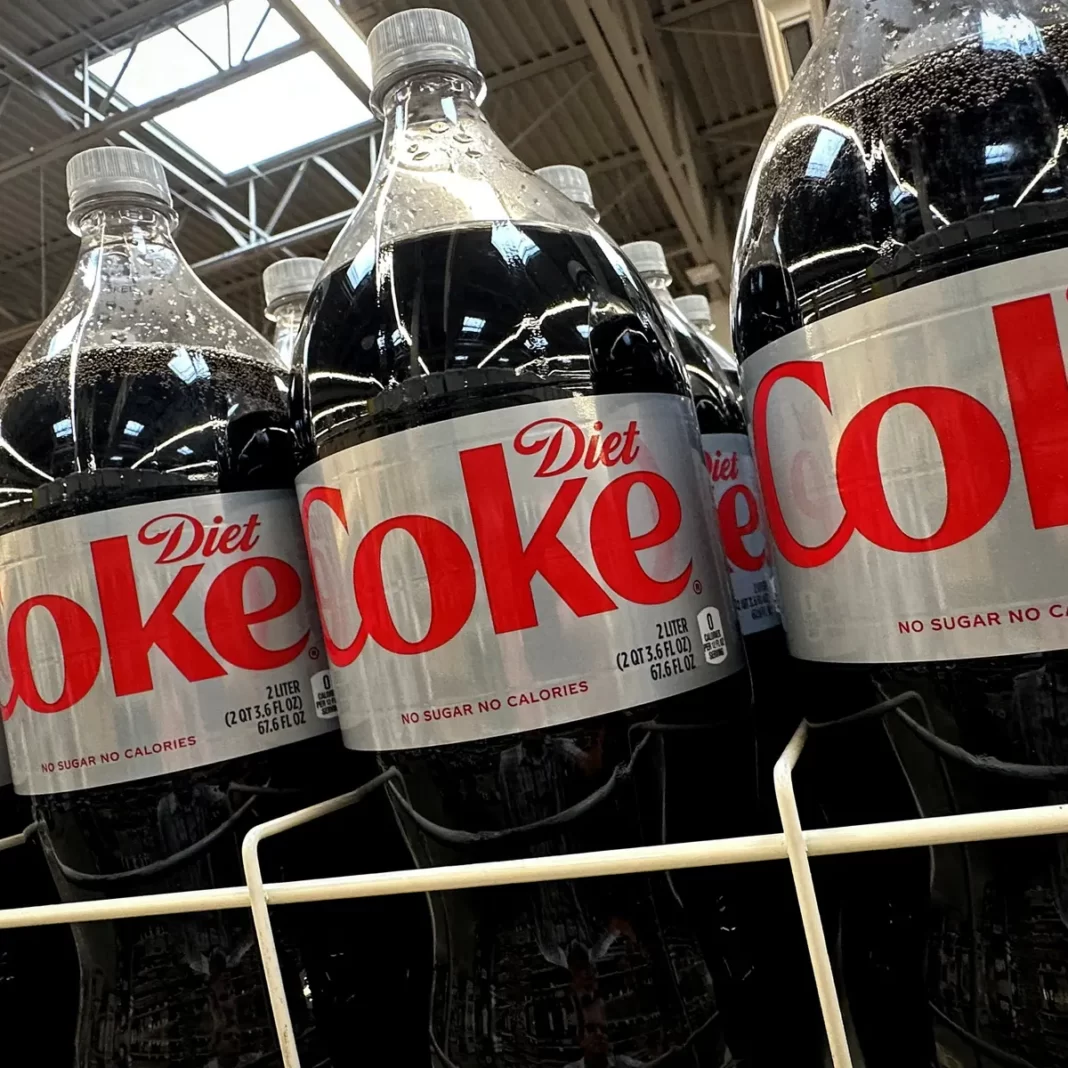In a recent development, the popular artificial sweetener aspartame, commonly found in colas and other beverages, has stirred up controversy due to concerns about its potential link to cancer. Aspartame, a low-calorie sugar substitute, has been under scrutiny for years, but the latest deliberations by health authorities have added fuel to the ongoing debate.
The International Agency for Research on Cancer (IARC), a specialized agency of the World Health Organization (WHO), is reportedly considering classifying aspartame as a possible cancer-causing agent. The IARC’s evaluation involves an in-depth assessment of available scientific research on the substance and its potential health risks.
Aspartame, which is approximately 200 times sweeter than sugar, has been widely used as a sugar alternative in numerous food and beverage products. It is frequently found in diet sodas, sugar-free chewing gums, and various processed foods marketed as “low-calorie” or “sugar-free” options.
However, critics of aspartame have raised concerns about its safety, particularly regarding its alleged association with certain types of cancer. While numerous scientific studies have been conducted to investigate this potential connection, the existing evidence remains inconclusive.
The IARC’s pending evaluation has sparked debates among experts and consumer advocacy groups. Some argue that the potential risks associated with aspartame consumption warrant stricter regulations, while others contend that the scientific evidence does not support the classification of aspartame as a carcinogen.
It is important to note that regulatory agencies worldwide, including the U.S. Food and Drug Administration (FDA), the European Food Safety Authority (EFSA), and the Joint FAO/WHO Expert Committee on Food Additives (JECFA), have previously reviewed aspartame and deemed it safe for consumption within established guidelines. These agencies have consistently maintained that there is no conclusive evidence linking aspartame to cancer or other adverse health effects.
As the controversy continues, it is essential for consumers to stay informed and make informed choices based on the available evidence. Regulatory bodies will closely monitor the IARC’s evaluation and its potential impact on the labeling and use of aspartame in various food and beverage products.
In the meantime, individuals with specific health concerns or dietary restrictions should consult with healthcare professionals or registered dietitians for personalized guidance on their consumption of aspartame or alternative sweeteners.
Disclaimer: The information in this news article is based on the mentioned sources and does not constitute medical or professional advice. Please consult with a healthcare professional for any specific concerns or queries related to aspartame or your health.



